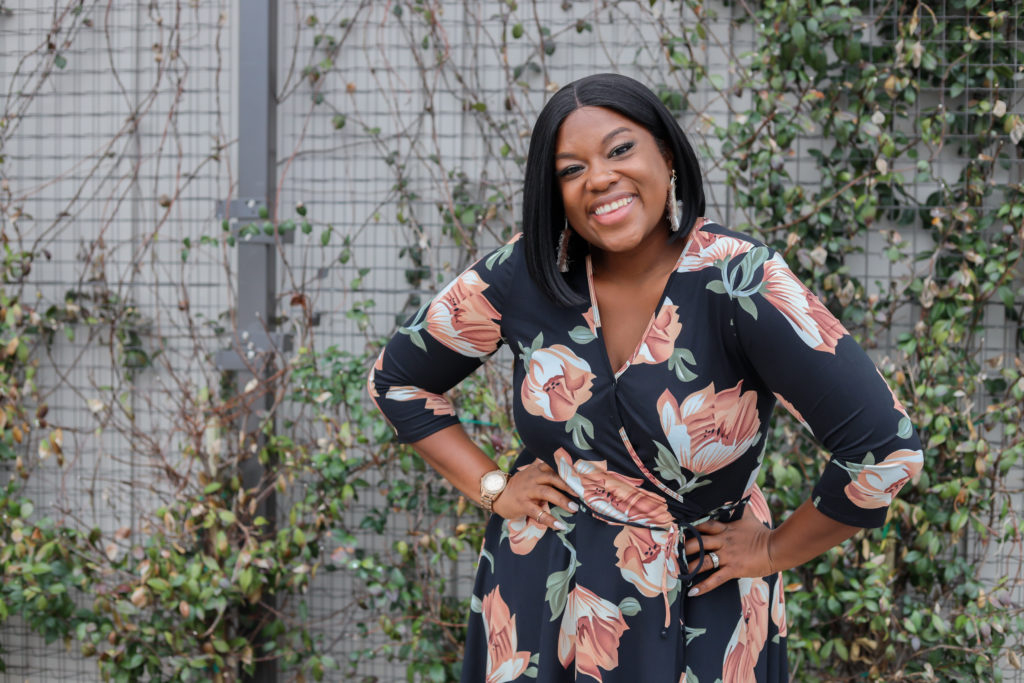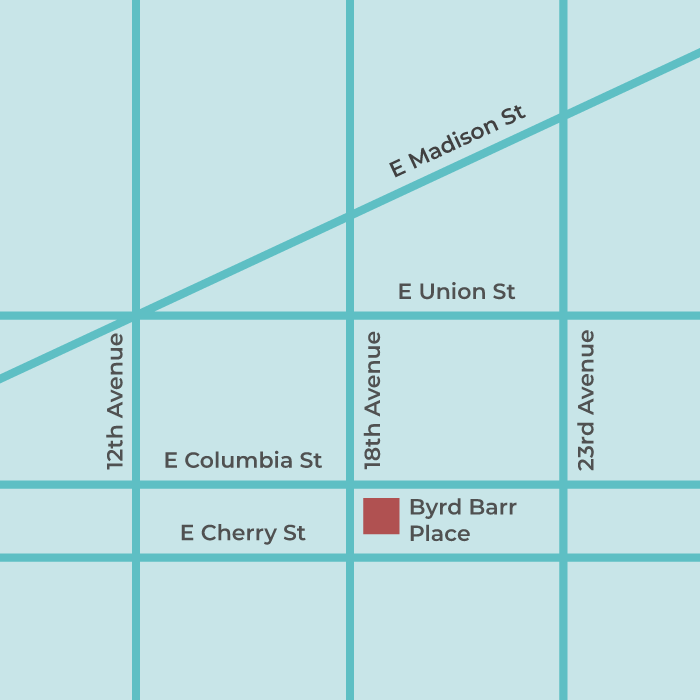Tanise Love has joined the Byrd Barr Place board of directors! She brings with her an enthusiasm for building relationships, a long history in nonprofit leadership and a passion for communities of color.
In this interview, Tanise shares her definition of a successful board, the community work that drew her to Byrd Bar Place, and her vision for an equitable future.
Q: Please tell us a little bit about yourself and how you got connected to Byrd Barr Place
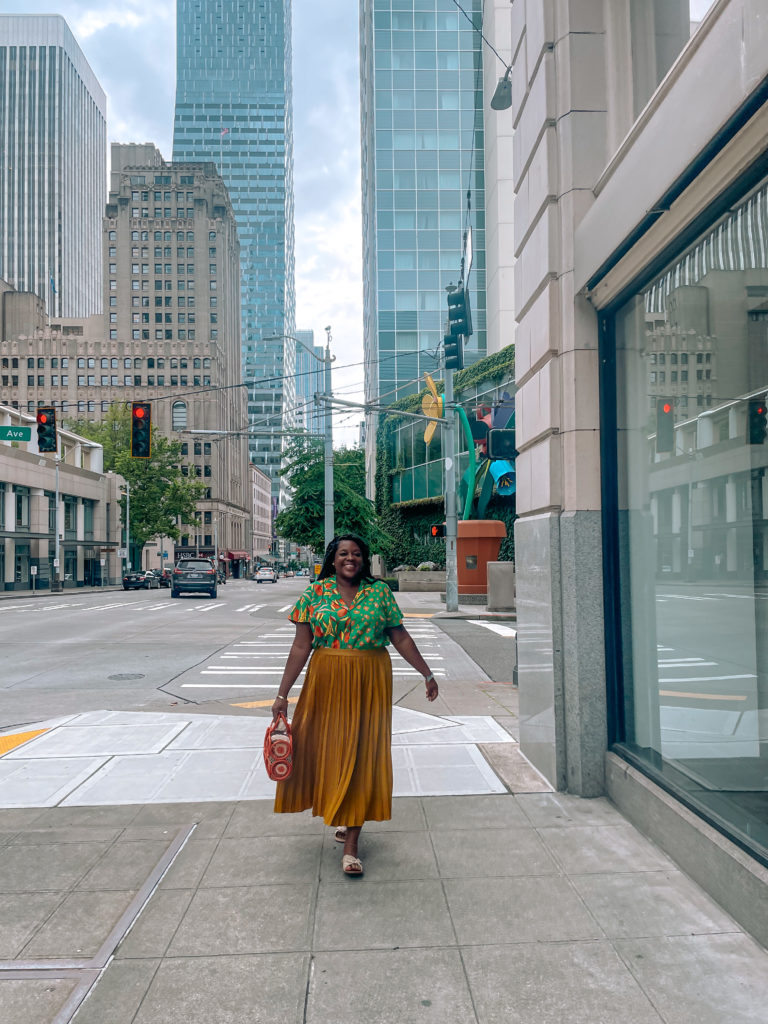
I was born and raised in the midwest. My family instilled three key values in me: the importance of integrity, honesty and community. From an early age, I was immersed in community service, from selling cookies with the Girl Scouts to seeing and helping my mother who’s known as the second mother to anyone who needs her.
After completing my undergraduate degree, I moved to Charlotte, North Carolina, where I met my husband Derrick who also serves on the Byrd Barr Place board of directors. I never anticipated that my involvement with nonprofits would become a career, yet when a short term job opportunity to fund graduate school came my way, I ended up enjoying it so much that it eventually became my full-time profession for many years.
When my husband and I relocated to Seattle in November 2020, my career made a hard pivot from nonprofit work to tech. I currently work at Amazon under our Finance & Global Business Services organization, leading our global partnership with Junior Achievement (a nonprofit focused on financial literacy), as well as other community facing programs currently in development.
Personally, my husband and I are passionate about serving our community. We founded a monthly networking business here in Seattle called Sync Seattle. We are dedicated to holding space for Black Seattle and their allies every month to meet others in the community in a fun, authentic atmosphere. We feature a black owned business and a black led non-profit every month. We love this work and the opportunity to provide people with a safe space to meet, network and have a good time. Our first event was in support of Byrd Barr Place, which is how I got connected with this great organization.
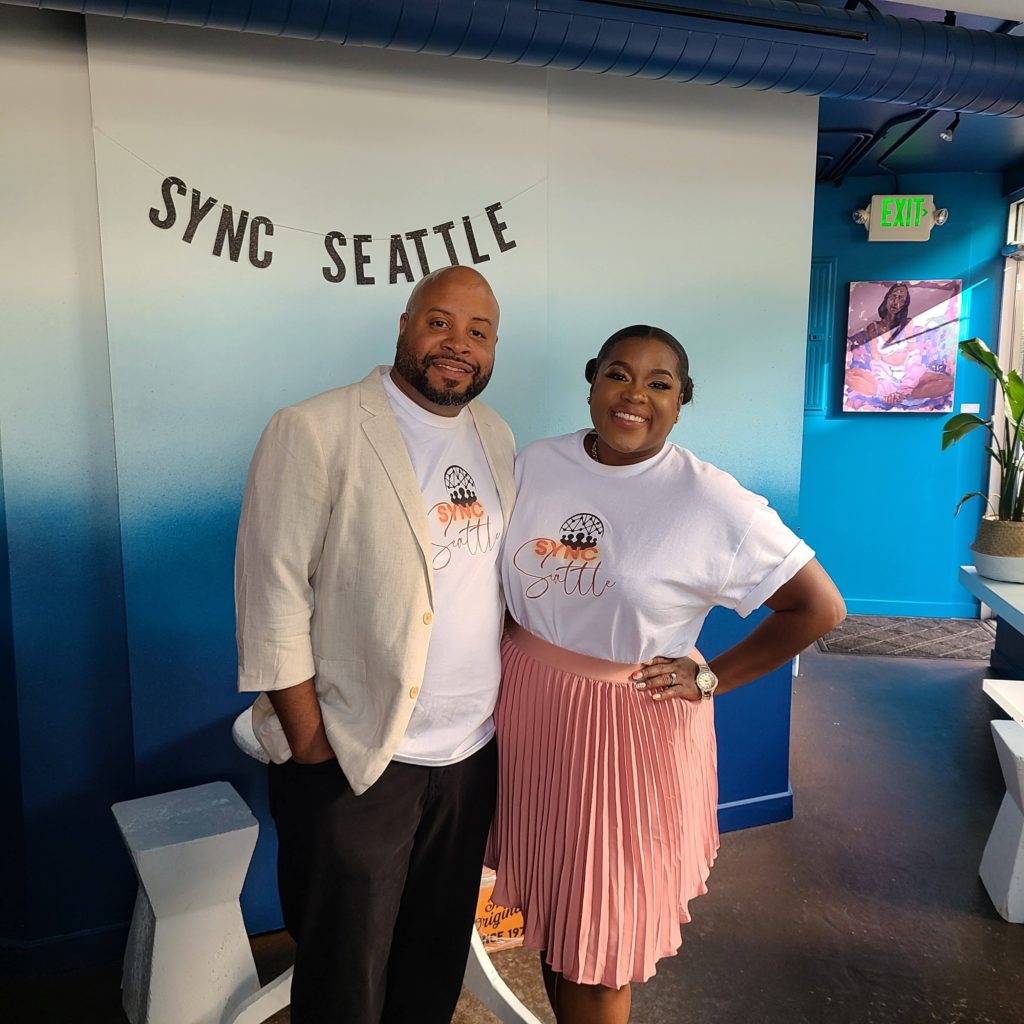
Q: Tell us more about Sync Seattle.
The idea had been on our hearts since 2017. One of the gifts my husband and I have as a couple is our ability to bridge connections with people in an authentic way. We started hosting informal gatherings in Charlotte, where we would invite our friends to join us and bring donations of non-perishable food items, underwear, toiletries, and other necessities to those in need. We always knew we wanted to do this in a more formalized way, but we sat on the idea for about five years. When we moved to Seattle, with its much smaller Black community, it became a priority for us to fill a need and start an official business focused on helping others build their personal and professional circle through recurring networking and event experiences such as rooftop candle making and a yoga brunch.
We started in a Black-owned space in Capitol Hill, created an Instagram account and launched our first event in support of Byrd Barr Place. Our goal was for 30 people to attend, and 75 people showed up. Since then, we have hosted 12 events, gathered over 800 people and helped support six different nonprofits.
Q: What do you think makes for a successful nonprofit board?
I have served on a number of boards over the course of my career and the first thing that makes a board successful is ensuring that the board is invested in the work. You want to make sure that the position is not self-serving and that the board truly understands the organization, the employees and those whom the work supports. If the board can have a grasp on those things, they are well equipped to move the work forward.
Another essential quality is the ability to speak confidently about the programming and the outcomes the organization is working to achieve. This requires deep knowledge about how the organization is showing up in the community and being responsive to the changing needs of that community.
Finally, it’s important for the board members to get to know each other so there is an understanding of the strengths and weaknesses everyone is bringing to the table and collaboration can leverage those strengths.
A well-rounded board gets to know the work, gets to know the staff and gets to know the community. When you have these three pillars you have a beautiful package with amazing outcomes.
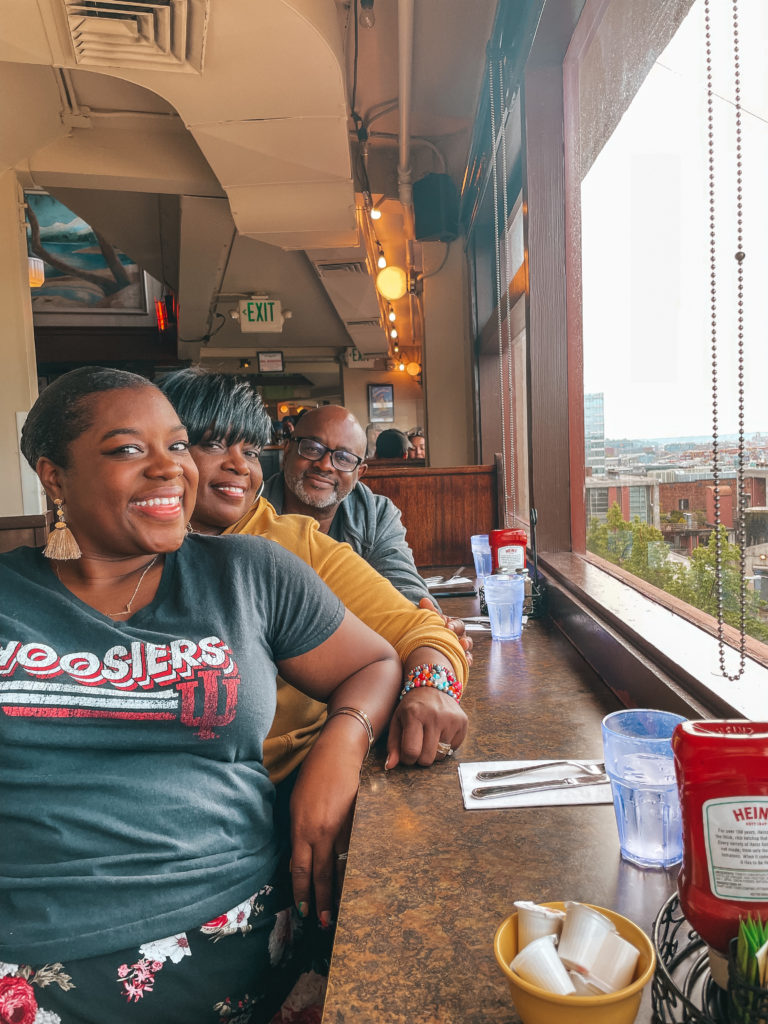
Q: Byrd Barr Place’s mission is to create an equitable future for all Washingtonians. What does an equitable future look like to you?
An equitable future is one where we see equitable, anti-racist and justice-driven activities as the foundation of all the things we do as a people. It’s taking time to come outside of oneself and use the skills and connections that each of us have to work with our fellow humans to transform our world.
These things can look different for everyone. It can be taking a look at nonprofit work that interests you, giving your time and talents to volunteer, or investing your dollars in an organization that has expertise in social justice work. Essentially, it’s about taking an internal review of what each of us can do to ensure a society that is more social justice oriented in everything we do.
Q: Do you have a favorite quote or mantra?
I have two! The first is, “Grief can be your greatest teacher if you’re willing to be taught.” I lost my mother last May and it fundamentally changed the way I look at grief. Grief is the loss of a love object, it can be a loved one, the end of something, or someone you used to be. The weight of that sadness often makes us want to run away. We are hesitant to push into it but if you make yourself vulnerable to what grief is trying to teach you, it can help you become a whole new person and give you a new perspective on what you lost and what you have to gain.
Second is, “Live in the quiet joyous expectation of good.” Life can be life-ing sometimes, things can feel heavy, but if we can keep this balance of living in peace and expecting good, even when things don’t go our way, it doesn’t hit as hard because you know you have the opportunity to move on. It’s about living in the expectation that something good will eventually come to pass.
